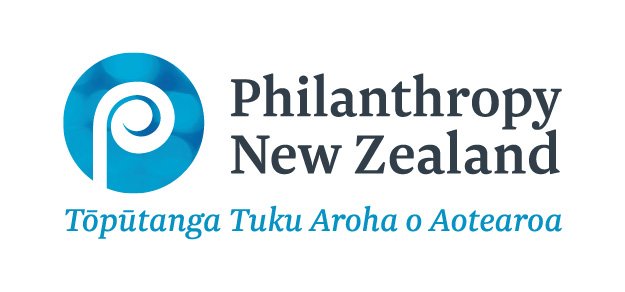Communities lead strong emergency response
By Sue McCabe, Chief Executive, Philanthropy New Zealand | Tōpūtanga Tuku Aroha o Aotearoa.
The success of community-led responses to the impact of the flooding and storms, and the importance of cash to meet specific community needs were highlighted in a meeting of philanthropic funders and grantmakers today.
The session was part of a weekly series Philanthropy New Zealand | Tōpūtanga Tuku Aroha o Aotearoa is convening to discuss the funders response to community need arising from the national emergency. It was attended by about 35 representatives, mostly from philanthropic organisations, but also from central and local government, including emergency management.
Key points included:
Community-led responses are proving to be the best. The leadership of iwi and hapu was highlighted in the various affected regions, both in terms of providing support to their people but also the wider community. There was a call for this to be recognised in the official emergency response structure and for people undertaking significant and ongoing leadership and coordination roles - that in reality are a critical part of the official response - to be paid for their efforts.
Cash is needed now by community groups assisting communities and the individuals themselves to buy the goods and services they need. This is connected to the benefits of community-led responses – being given cash supports Mana Motuhake (autonomy, self-governance, independence).
Some communities are overwhelmed when goods are being delivered to them and they are not what they most need. There are many distribution agencies with local knowledge helping with this supply and demand matching, given the generosity of New Zealanders in providing goods. However, the specificity of needs was highlighted by one speaker who gave an example of a community needing paper plates, as they have no safe water to wash dishes. Please donate cash is a message to NZers.
A message to the public was to be careful that you have the right bank account number before depositing donations. After previous emergencies criminals have produced convincing appeals for funds but using different bank accounts. Check official websites if you are using a bank account number rather than a secure donation platform. Match | Te Puna Taurite has produced a list of some of the official funds here.
There were examples given of useful initiatives set up prior to the cyclone and flooding that is making a difference to communities now. Two mentioned were:
- The Here to help u service triages people needing help with the services that are available. Set up in Covid, it has remained operational and can scale up quickly to meet demand after an event.
- The Hauraki Māori Trust’s Board’s Manaaki Hubs. They were established around the Waikato for the Covid response and have continued to be supported by Government and philanthropy. Prior to the weather events, the hubs moved around goods they knew would be needed, so the Coromandel was more prepared for the aftermath.
The examples show the importance of supporting initiatives that keep communities resilient and connected on an ongoing basis, so they can swing in even before an event or after to maximise the help. While many funders are releasing funds now or staying informed to support medium term contribution, there was a considerable focus in the conversation on learning to better prepare for future events.
There are a number of different appeals for corporate and public donations. They often have a different focus. For example, it might be at what stage in the response/recover they will distribute the funds. Or Mayoral Funds being more likely to go to individuals and businesses versus community foundation funds being passed to community groups/charities working with those affected.
The philanthropic and grantmaking funders on the call expressed commitment to working together to support distribution being as easy as possible for community organisations; and learning from experience of past disasters. In this initial crisis phase, some of the funders are using high trust models, getting funds to community groups without them needing to apply or report back on how the funding was spent.
The supply of housing and people’s wellbeing were two areas of concern. Given the time it takes to rebuild, significant numbers of temporary housing would be needed. Hastings District Council said there are still 500-600 sleeping in school halls. This number is significantly more as many are housed with friends/family or have been put into other accommodation. People will face mental health challenges dealing with the impact of the emergency on lives.
There is volunteer fatigue and care is needing to be taken around physical safety due to contaminated water and silt. PPE can help minimise risks. Neighbourhoods are doing an amazing job of looking after each other.
Some community groups that have been well resourced to respond are carrying a heavy burden while there is spare capacity in others who haven’t been given the resource to fully mobilise. Sharing the resource and workload would support people being able to operate sustainability.
The funders on the call acknowledged the massive efforts of individuals, volunteers, neighbourhoods, hapu, iwi, marae, emergency management, local and central government occurring in the affected areas.
In addition, PNZ would like to acknowledge the funders who are supporting community efforts.
Next week’s call for funders will provide updates on the affected areas, and have a focus on sharing philanthropic sector learnings from previous events to support the recovery from the recent flooding and cyclone. If you’re a funder interested in learning more about how and where you can help, contact info@philanthropy.org.nz, or sign up to www.match.org.nz to see where funds are needed.

